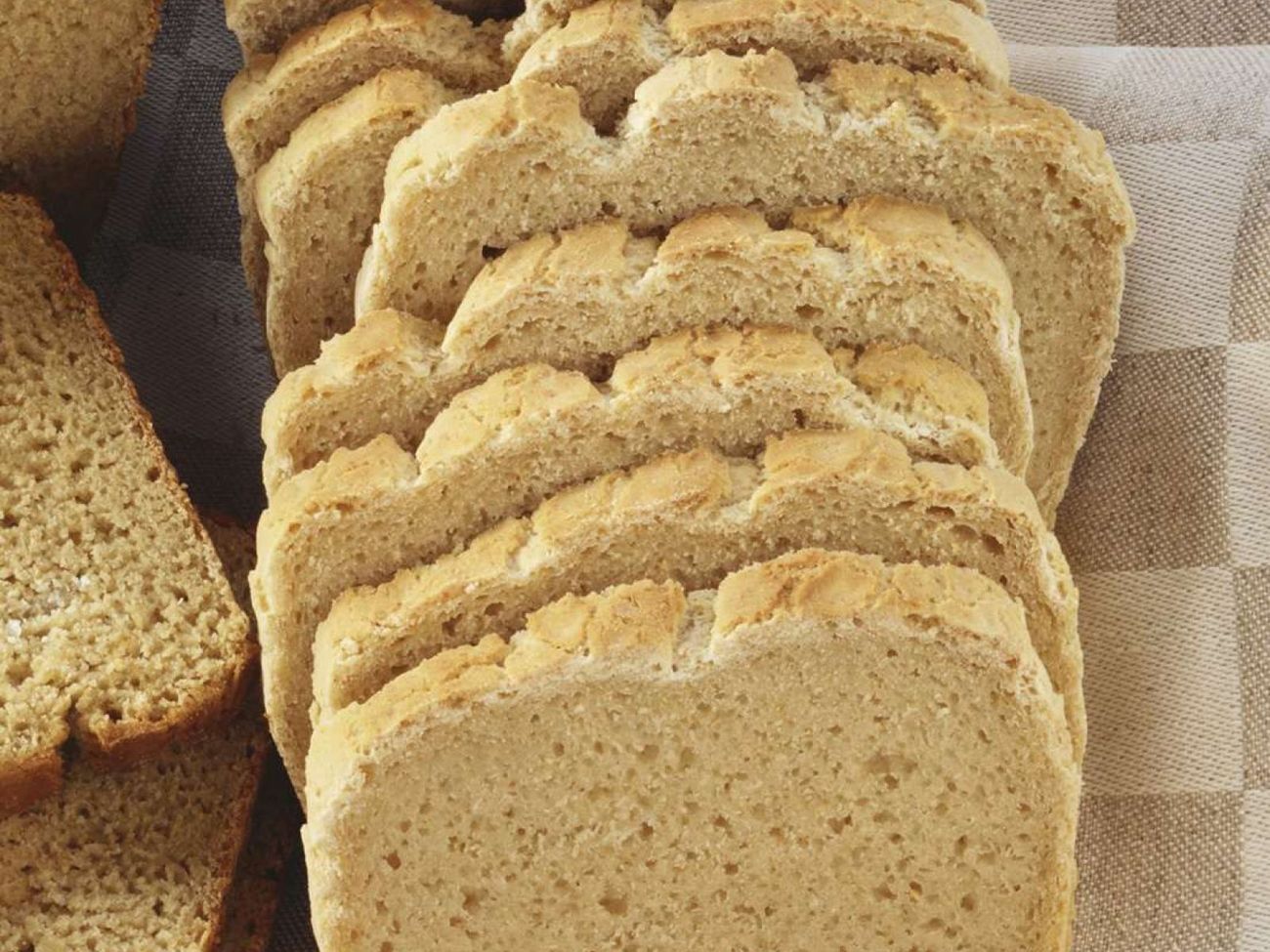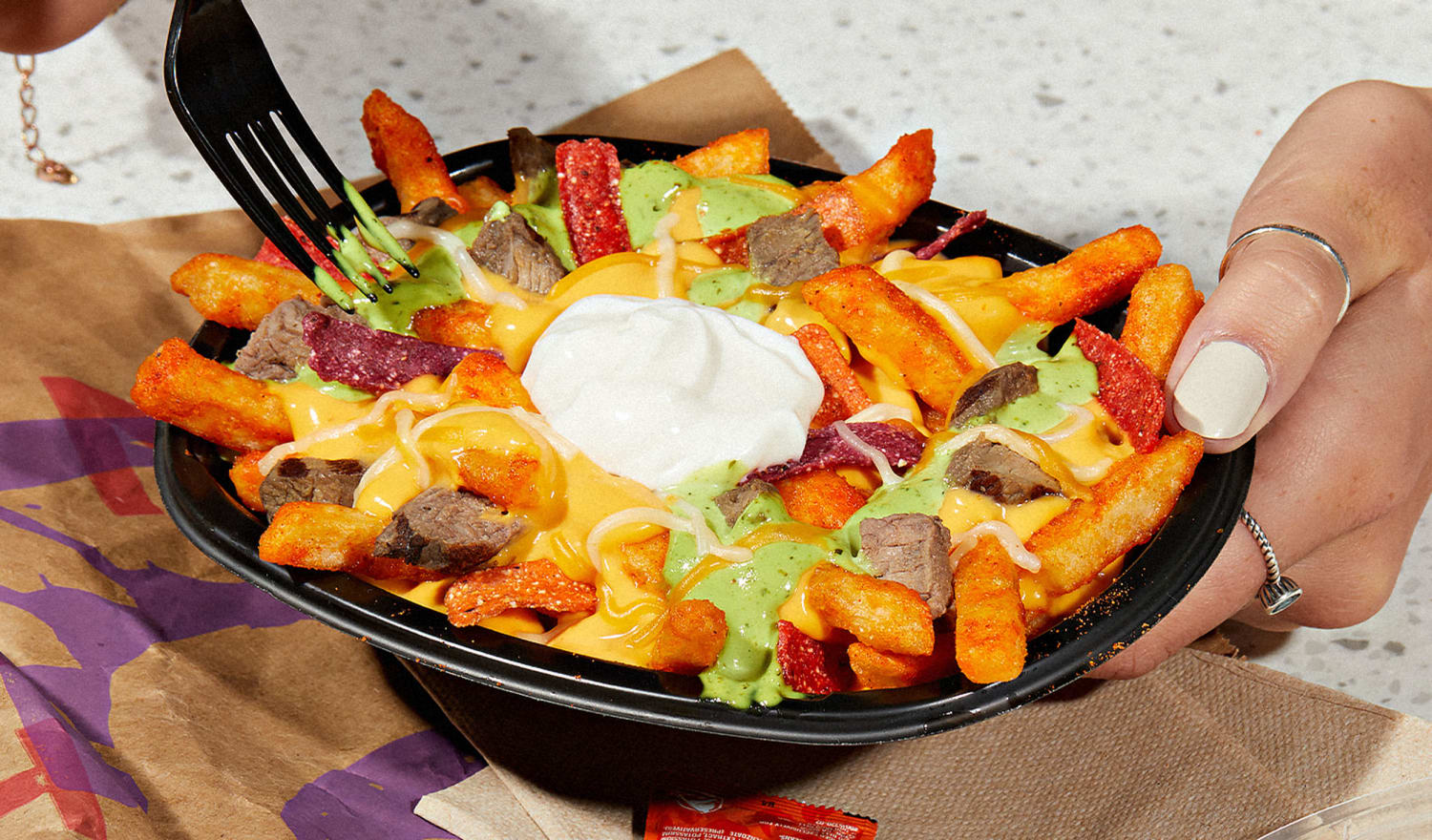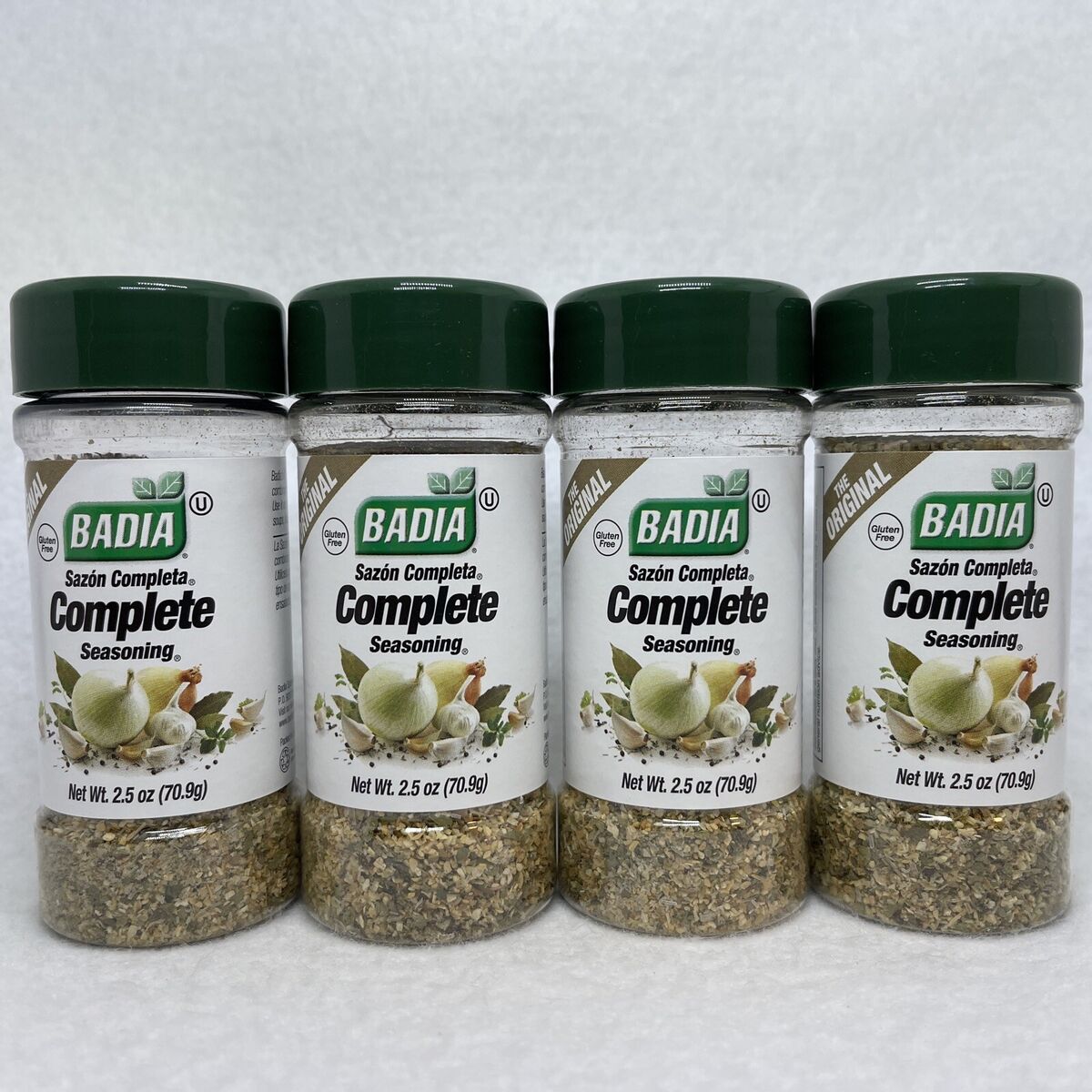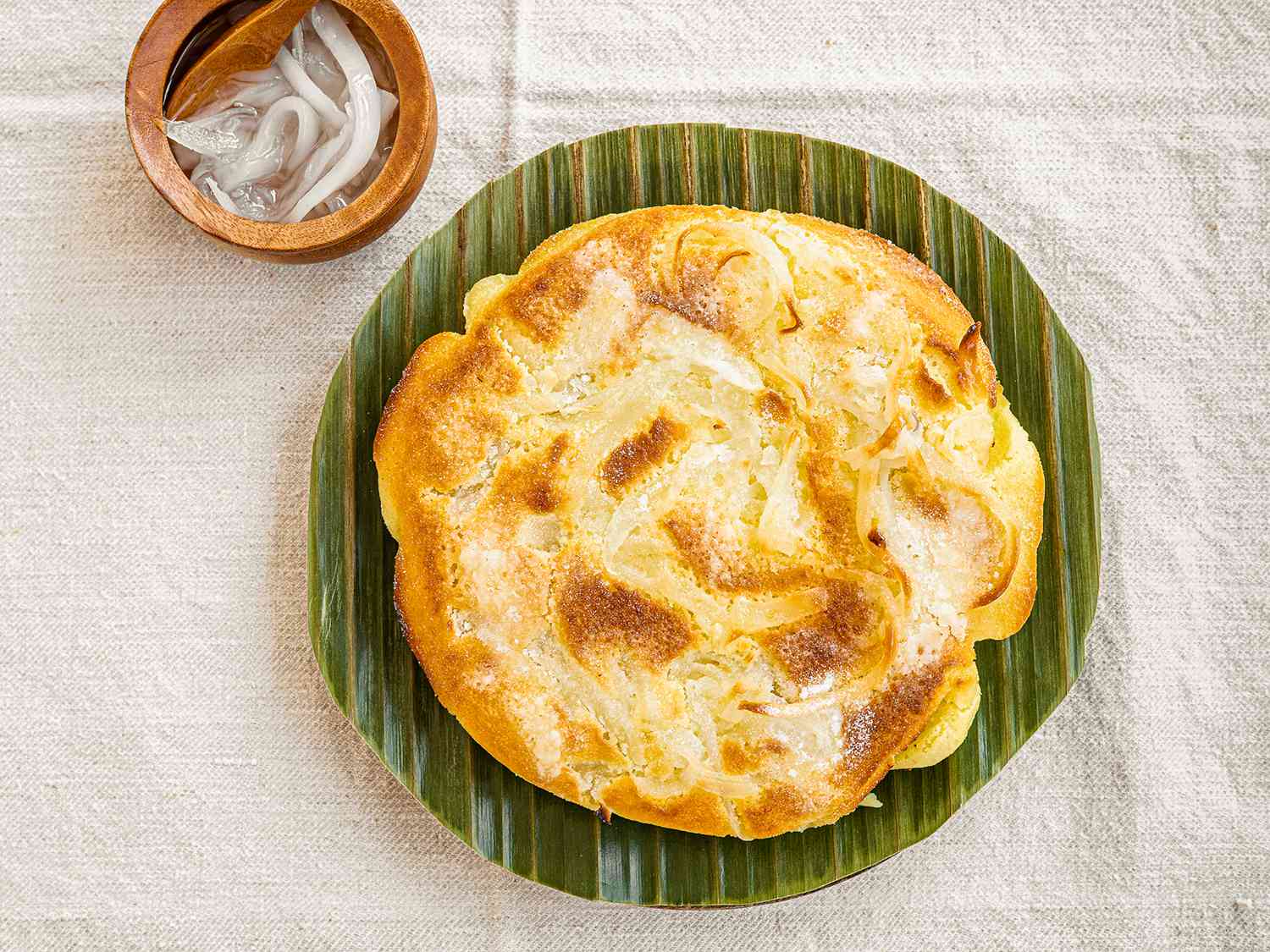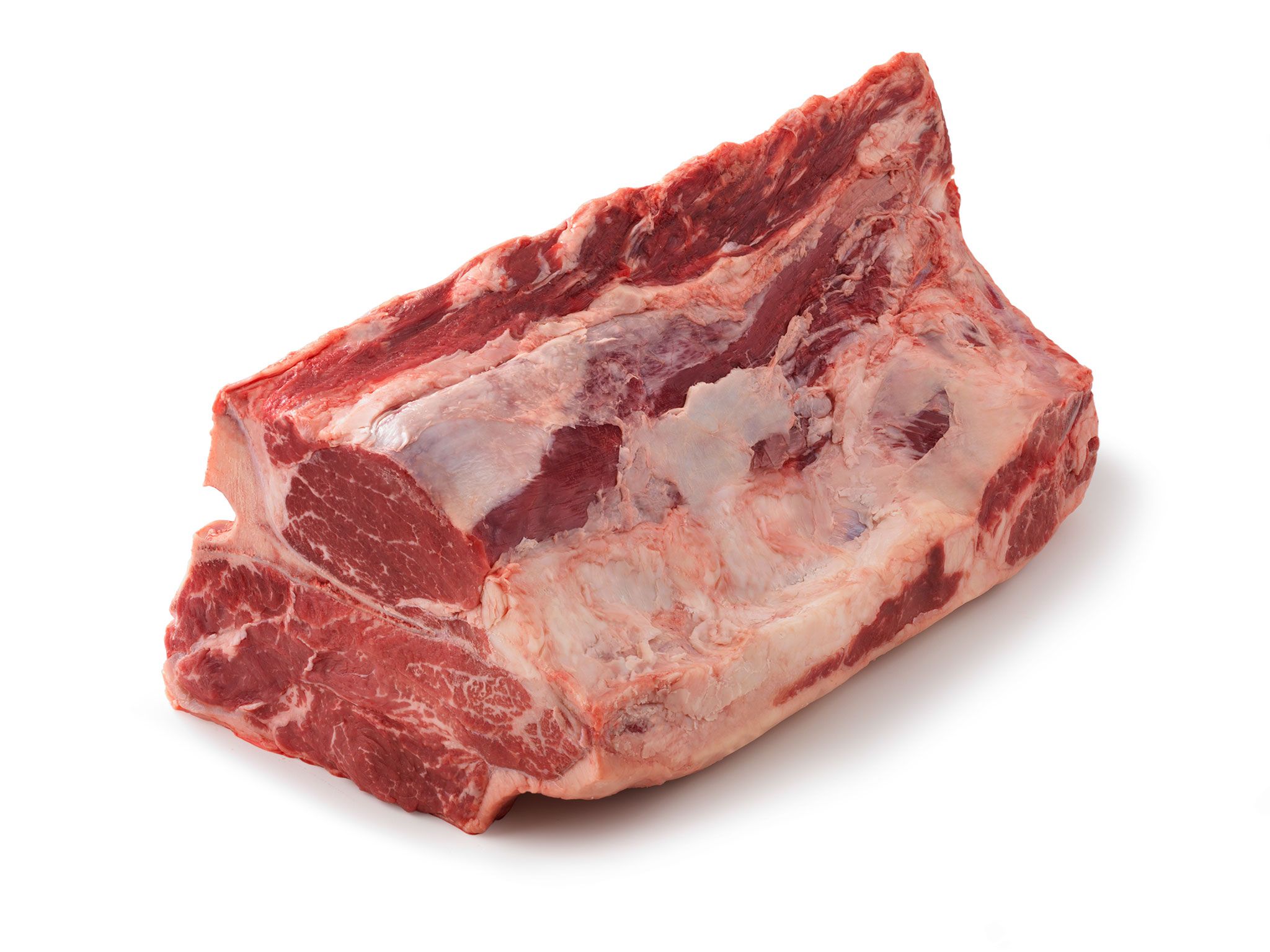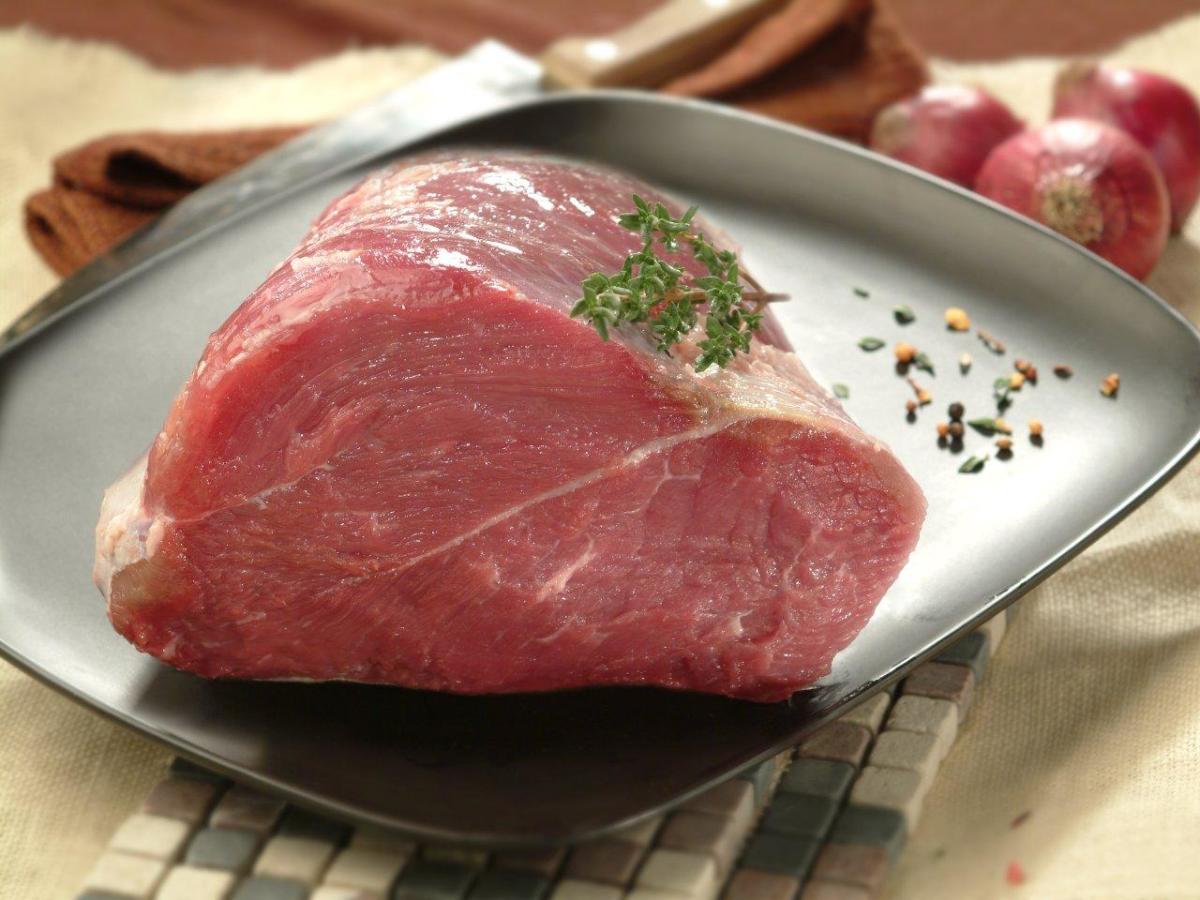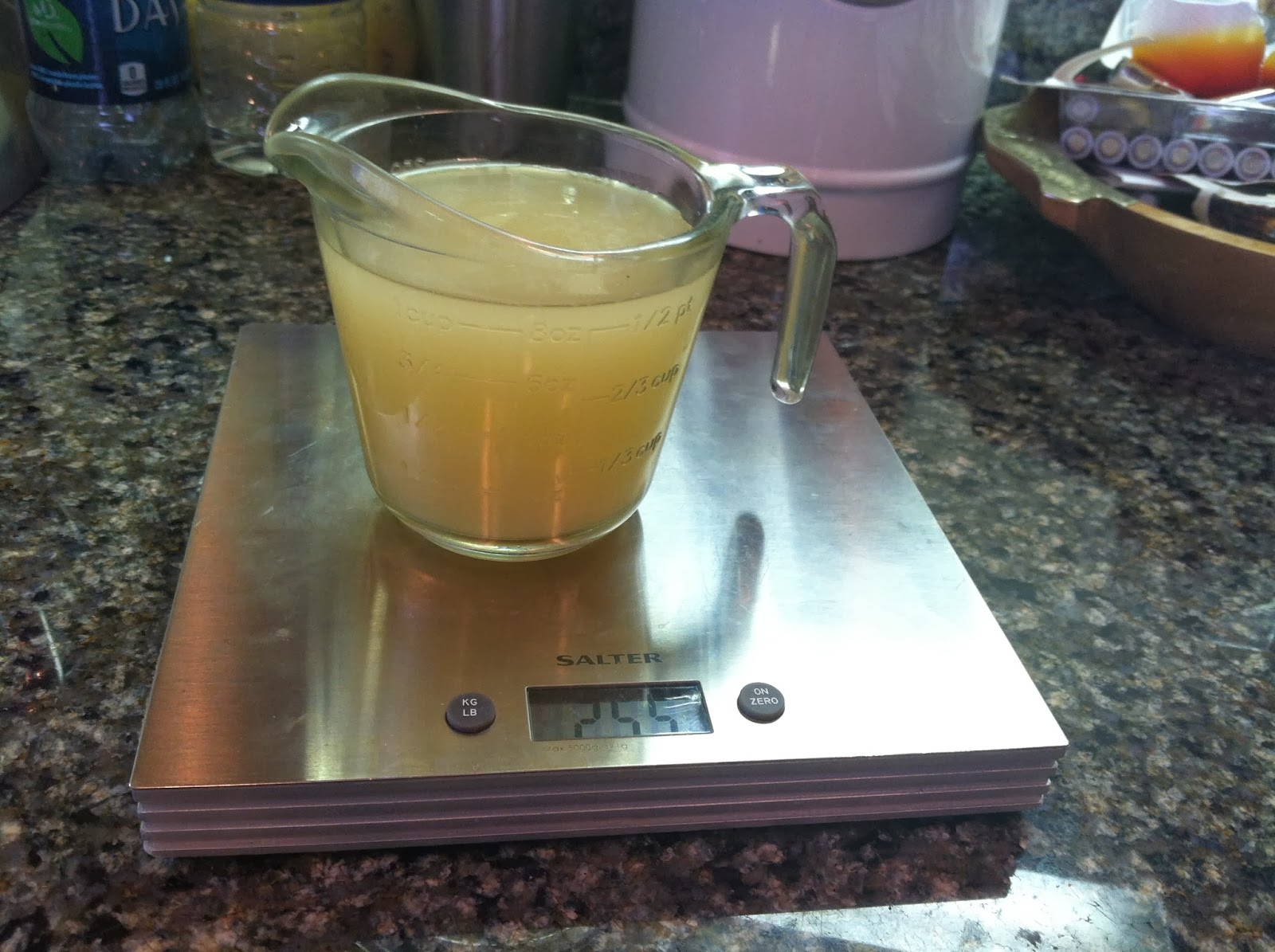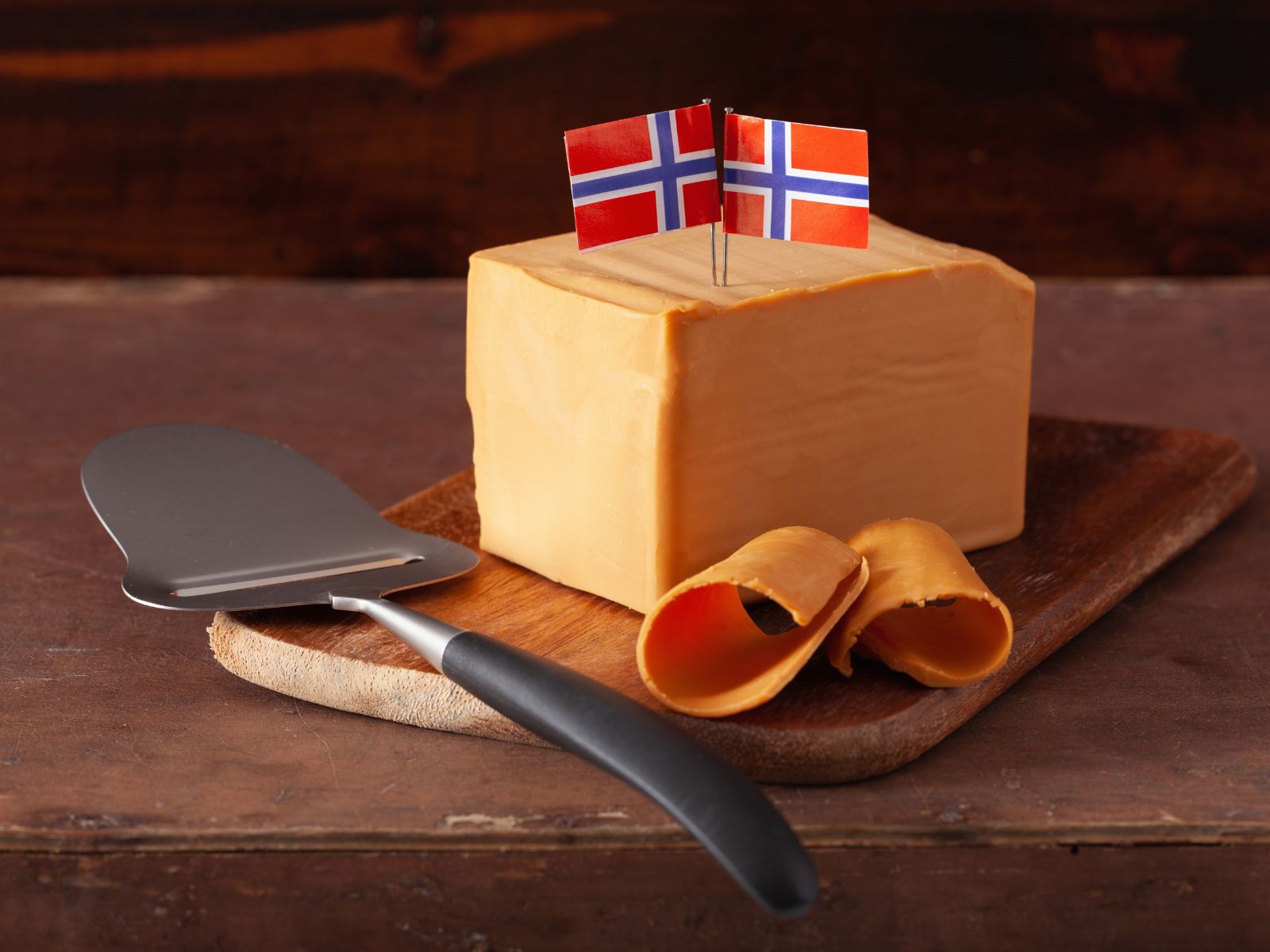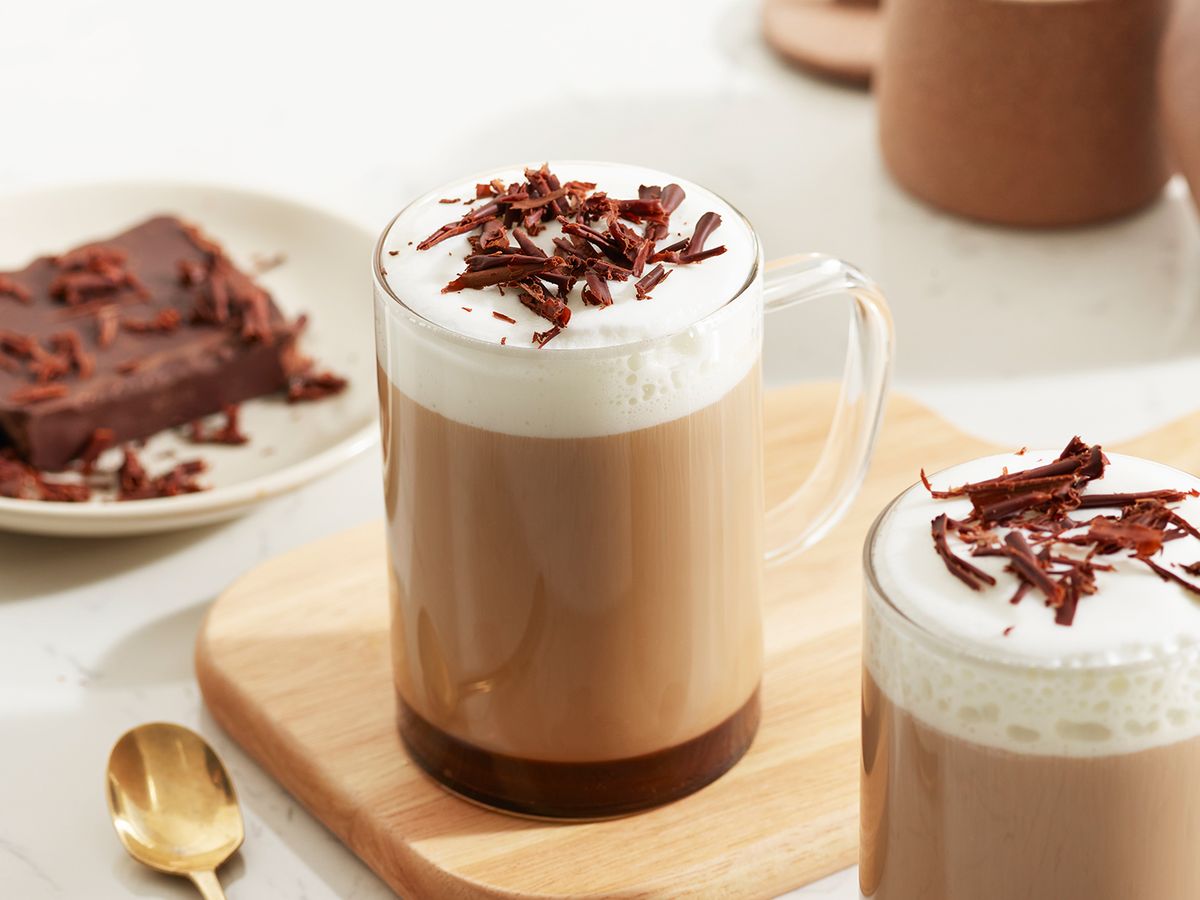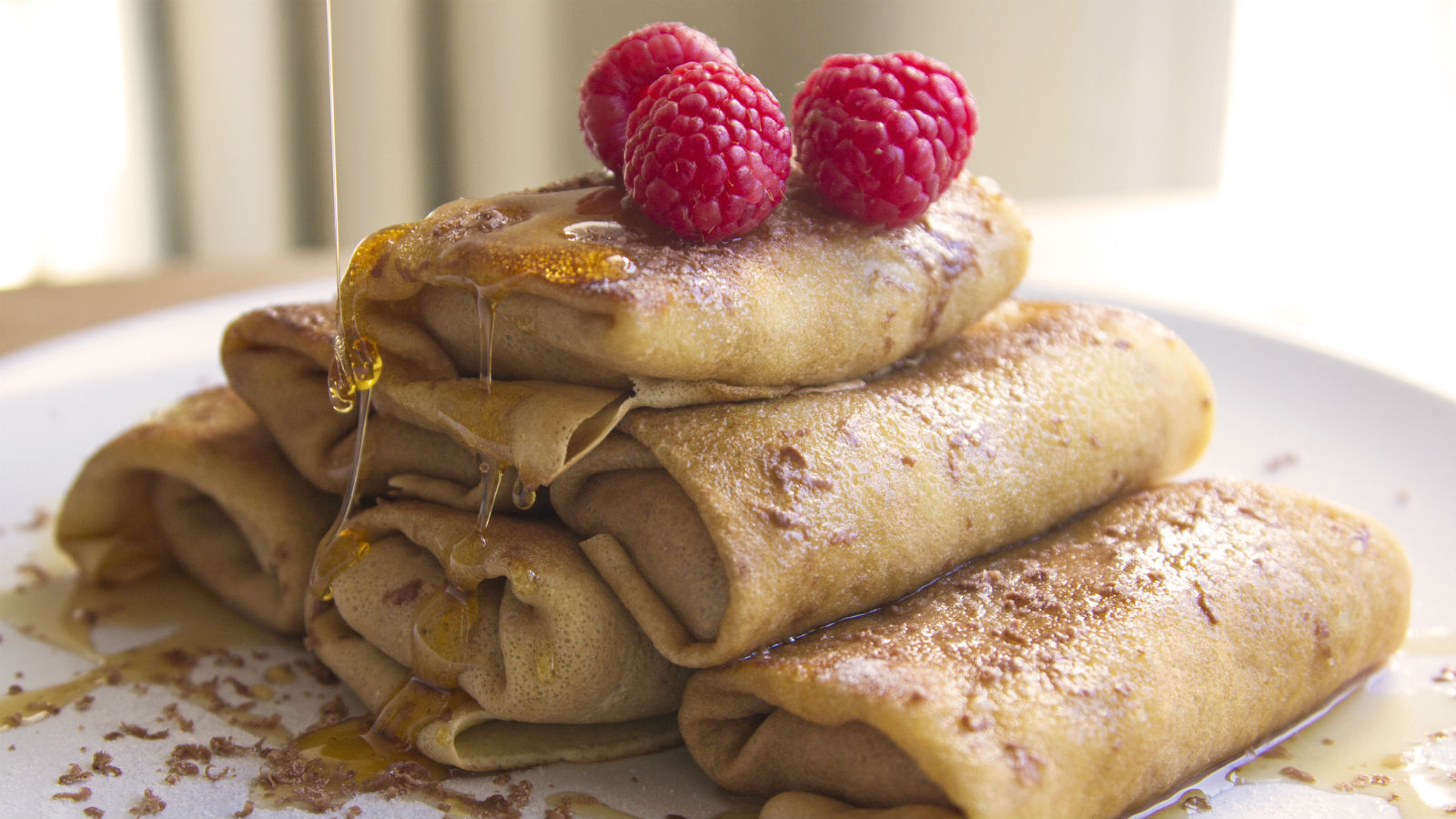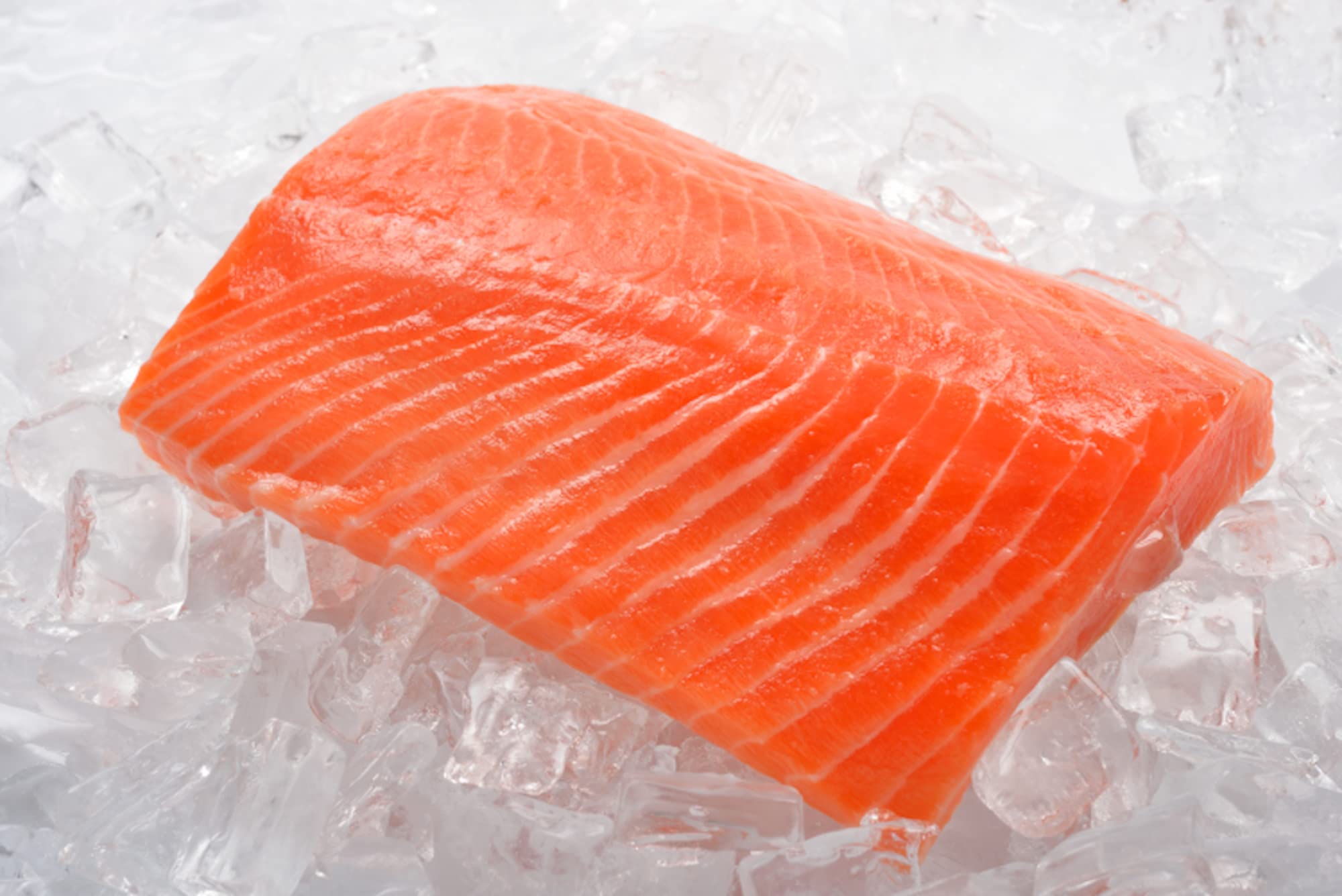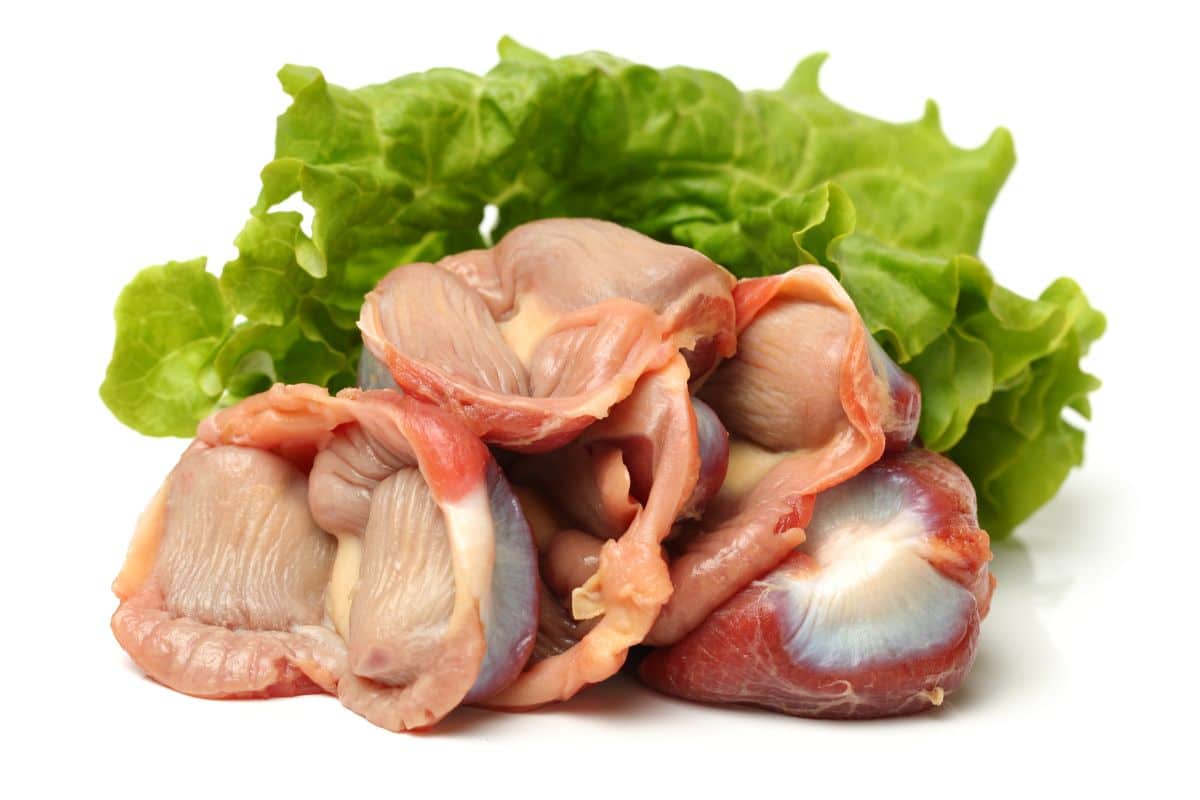Uncovering the Truth About Artificial Maple Flavoring
Maple flavoring is a popular addition to a wide range of foods and beverages, from pancakes and waffles to coffee and cocktails. While natural maple syrup is derived from the sap of maple trees, artificial maple flavoring is a different story altogether. Many people wonder what exactly artificial maple flavoring is made from and whether it’s a safe and healthy option. Let’s delve into the world of artificial maple flavoring to uncover the truth.
Understanding Artificial Maple Flavoring
Artificial maple flavoring is a synthetic substance that is designed to mimic the taste and aroma of real maple syrup. It is commonly used in processed foods, baked goods, and beverages to impart a sweet, maple-like flavor without the need for natural maple syrup. However, the ingredients used to create artificial maple flavoring may surprise you.
The Ingredients
Artificial maple flavoring is typically made from a combination of synthetic chemicals and natural compounds. While the exact formulation can vary between manufacturers, some common ingredients found in artificial maple flavoring include:
- Vanillin: A synthetic compound that imparts a vanilla-like flavor.
- Ethyl Vanillin: A more potent version of vanillin, often used to enhance the sweetness of the flavoring.
- Furfuryl Acetate: A chemical compound that contributes to the fruity and caramel-like notes of the flavoring.
- Phenethyl Alcohol: A natural compound found in roses that adds floral and honey-like undertones to the flavoring.
- Acetoin: A chemical that provides a buttery and creamy flavor to the artificial maple profile.
It’s important to note that the specific combination and proportions of these ingredients can vary, and some manufacturers may use additional compounds to achieve the desired flavor profile.
Is It Safe?
One of the most common concerns about artificial flavorings is their safety for consumption. The U.S. Food and Drug Administration (FDA) regulates the use of artificial flavorings and has approved the aforementioned compounds for use in food products. However, some individuals may have sensitivities or allergies to certain synthetic chemicals, so it’s always important to read food labels and be aware of the ingredients in the products you consume.
Choosing Natural Alternatives
While artificial maple flavoring is widely used in the food industry, many people prefer the taste and authenticity of natural maple syrup. Pure maple syrup is derived directly from the sap of maple trees and contains no artificial additives or flavorings. It offers a rich, complex flavor that is difficult to replicate with synthetic compounds.
When possible, consider opting for natural maple syrup or products that are flavored with real maple syrup rather than artificial substitutes. Not only does this support the producers of natural maple products, but it also allows you to enjoy the true taste of maple in all its glory.
The Bottom Line
Artificial maple flavoring is a common ingredient in many processed foods and beverages, offering a convenient way to impart a sweet, maple-like taste. While it is generally recognized as safe for consumption, some individuals may prefer to stick with natural alternatives for a more authentic and wholesome experience. Whether you choose artificial or natural maple flavoring, being informed about the ingredients in your food is always a wise decision.
So, the next time you enjoy a maple-flavored treat, take a moment to appreciate the complex interplay of flavors that make it so delightful, whether they come from the natural world or the laboratory.
Was this page helpful?
Read Next: What Is The Chocolate Pudding Recipe?
